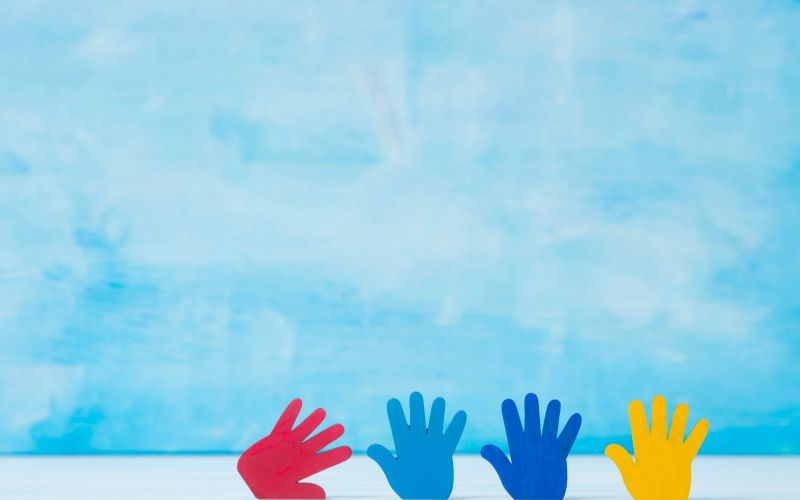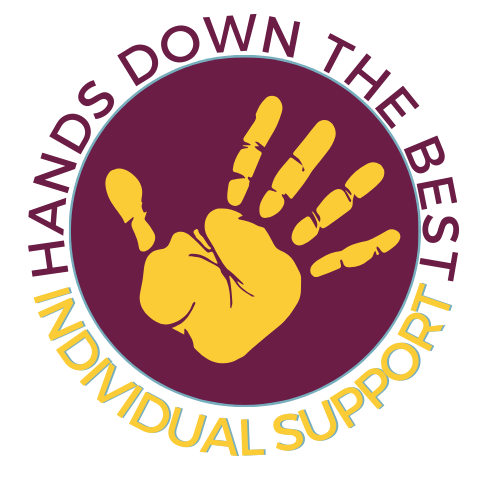hands down the best

KNOWLEDGE IS A POWERFUL THING
Trusted insights, news, and handy resources to help you navigate the NDIS and live your best life.
Latest Posts

The Pawsitive Impact
Dec 2, 2024
hands down the best KNOWLEDGE IS A POWERFUL THING Trusted insights, news, and handy resources to help you navigate the NDIS and live your best life.Latest PostsFollow UsInstagram[dipl_masonry_gallery...

Spring has Sprung
Aug 24, 2024
hands down the best KNOWLEDGE IS A POWERFUL THING Trusted insights, news, and handy resources to help you navigate the NDIS and live your best life.Latest PostsFollow UsInstagram[dipl_masonry_gallery...

Building Trust with your Support Worker
Aug 15, 2024
hands down the best KNOWLEDGE IS A POWERFUL THING Trusted insights, news, and handy resources to help you navigate the NDIS and live your best life.Latest PostsFollow UsInstagram[dipl_masonry_gallery...
Follow Us
Advocate for Autism Acceptance

Breaking Stereotypes and Myths about Autism
Autism is not an illness or disease and cannot be ‘cured’. Many Autistic adults consider being Autistic as a fundamental part of their identity.
Autistic people perceive the world, think and behave, and communicate and interact with others.
While all Autistic people share some common differences in the way they see, hear, and feel the world, they all have different strengths, abilities and challenges that affect their lives in different ways at different ages and in different environments.
No two people on the spectrum are the same.
Put simply, Autistic people see, hear and feel the world differently to other people.
There are still many myths surrounding autism. We must bust those myths to help spread awareness and advocate for autism acceptance and inclusion.
Myth: Autism only affects children
Fact: Autistic children become autistic adults. Autism is not a disease. It is a neurotype that comes with specific strengths and challenges. Each autistic person has a unique brain and therefore individualised needs. As the saying goes, “if you’ve met one person with autism, you’ve met one person”. This means, don’t generalise, get to know the individual, and throw biases in the bin. Many people, get diagnosed as an adult.
Myth: Autistic adults don’t need as much support as children
Fact: Have you noticed how many services there are for autistic children? It’s as if autistic adults don’t exist.
Being an adult comes with its challenges for everyone. So, it’s logical that autistic adults are going to need support to navigate the initial transition into adulthood and other life stages in addition to various day-to-day supports.
We need a lot more allied health and other professionals to fill this gap in services. We also need general awareness to increase so that autistic adults can not only get the professional support they need, but also the social, community, and family support they need.
Myth: All autistic people have intellectual disability and are non-speaking
Fact: Autism and intellectual disability are two separate conditions. Being non-speaking is not required to get an autism diagnosis. In fact, lots of autistic people can speak well and many are public speakers who have done TED talks.
Myth: Autism is more common in boys and men
Fact: Autism is not gender specific. The stereotypes portrayed in the media, on TV, and in movies have perpetuated this stereotype. It’s so widespread that even some health professionals will reinforce this stereotype, meaning girls, women, and non-binary people can struggle to get a diagnosis.
Myth: Autism has become an epidemic
Fact: With greater awareness comes more diagnosis of people who have been missed by the system, namely, girls, women, non-binary people, people living in rural and regional areas, people from non-white cultural backgrounds, and older people.
We are in catch-up mode, that’s all.
Information is power and thanks to the autistic community being visible on social media, the Internet, and TV, awareness of the diversity among the autistic population has increased. (see famous people below)
Also, let’s be clear that the definition of ‘epidemic’ refers to a disease, usually an infectious disease. Autism is not a disease. You can’t catch autism. The media has a significant role to play here in resisting the urge to create click-baity headlines using the words ‘epidemic’ and ‘autism’ in the same sentence, and it needs to stop. It is factually incorrect and isn’t helping anyone at all.
If you overhear someone saying false statements about autism, sharing the facts can be a great help. When more people join in, it creates a positive ripple effect that can lead to better outcomes for autistic individuals in all aspects of life including health, wellbeing, employment, social, community acceptance, and inclusion.
Famous People with Autism:
There are many well-known individuals who have been diagnosed with autism or are believed to have been on the autism spectrum. Here are a few notable examples:
- Dan Aykroyd: The actor and comedian, known for his work on “Saturday Night Live” and in movies like “Ghostbusters,” has spoken about his diagnosis of Asperger’s syndrome, a form of autism1
- Anthony Hopkins: The Oscar-winning actor has revealed that he was diagnosed with Asperger’s syndrome, which he believes has helped him in his acting career2.
7.Albert Einstein: Theoretical physicist known for the theory of relativity4.
8.Isaac Newton: Mathematician and physicist who formulated the laws of motion and universal gravitation4.
9.Wolfgang Amadeus Mozart: Prolific and influential composer of the classical era4.
